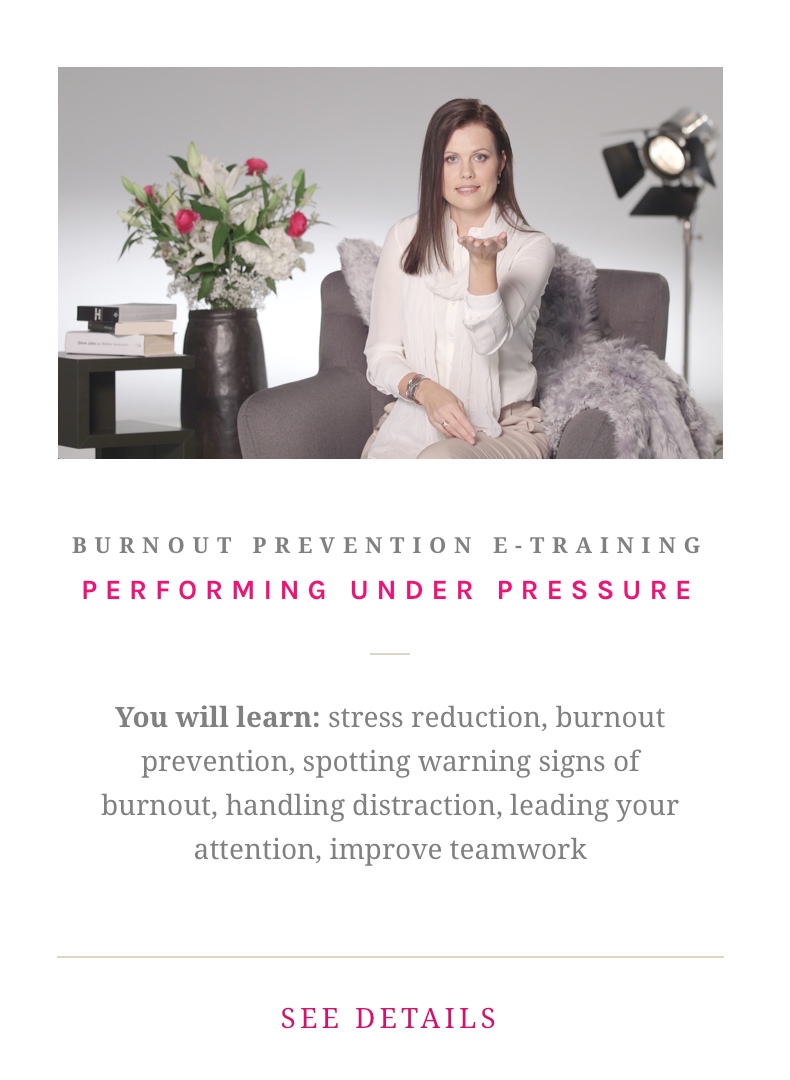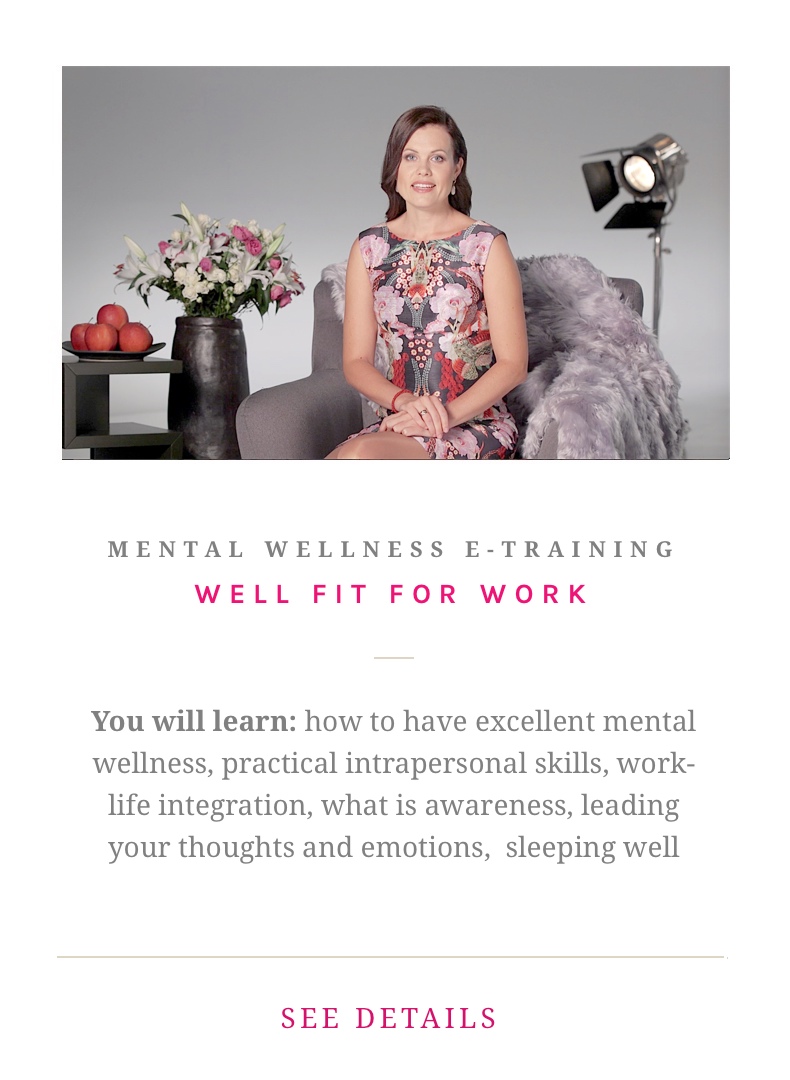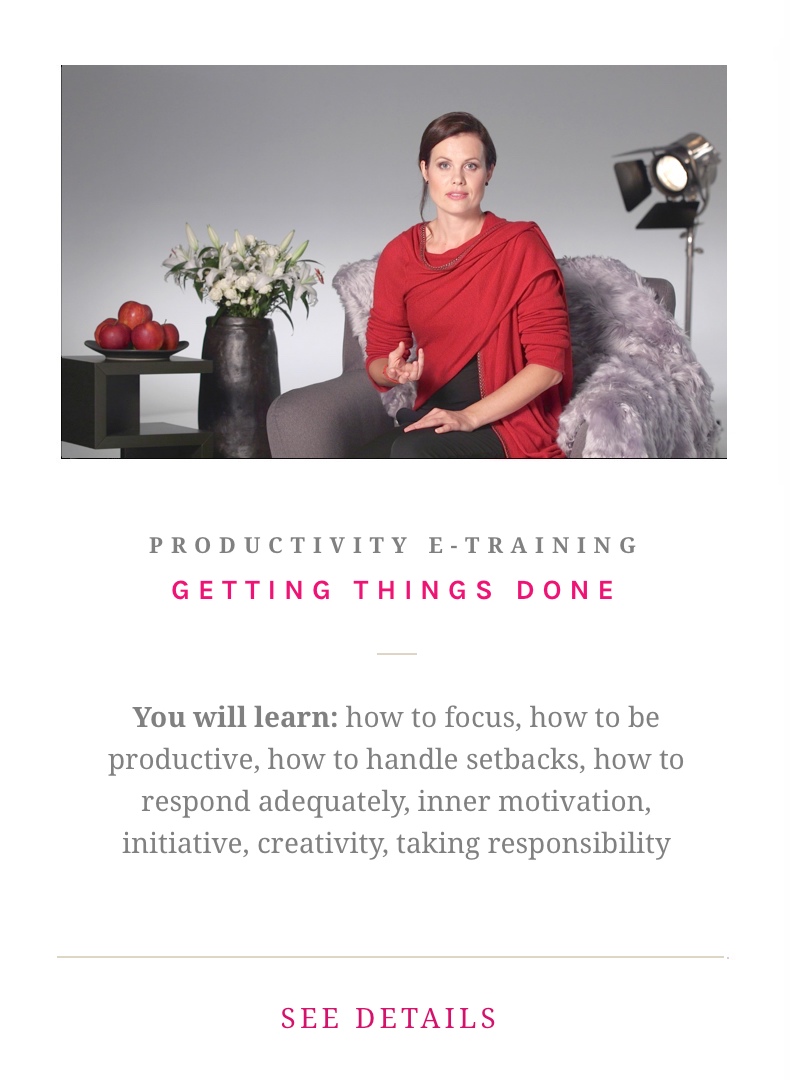The value of inner silence and how to benefit from a calm mind
Summer is here and we all need some silent quality time. In a noisy world, silence has become a rarity. Both around us and within us. Let us observe why it matters and how to have more inner silence and benefit from the state of flow.
In conversations, volume is often equated with power; thus, opinions are frequently amplified in meetings. However, there is a compelling argument for embracing silence, particularly in the workplace, especially for business leaders seeking to create more innovation or navigate challenging situations.
Most people often worry that their silence is misconstrued as indecisiveness. That isn't the case when your silence comes from within and then shines around you.
To completely grasp the benefits of being inwardly silent and remaining quiet when it brings benefits, it is helpful to dispel any misconceptions about silence. So, keep reading!
Your True Self is, in essence, silent and calm
All your reactivity is learned. And this reactivity makes us noisy.
When your mind is reactive, it is impossible to stay silent. However, in your core essence, you aren't reactive, angry, stressed or anxious. It is time to unlearn the subconscious and automatic reactivity.
Most situations require observation rather than instantaneous reactions.
For example, when you listen to someone, inner quietness combined with aware listening allows you to understand what has been said. Also, when you listen to a presentation or a concert or watch a movie, you naturally understand the importance of silence. Besides outer silence, your inner silence is here the key, allowing you to become fully observational (without competing irrelevant thoughts and emotions).
In practice, the various processes in your mind keep you more occupied than the external stimuli around you. Why?
An untrained mind is reactive; it is always seeking novelty.
When untrained, your mind jumps to the strongest stimuli and is fascinated by them. After an initial fascination, it quickly gets bored as novelty is lost, and superficially it now knows the situation. At least it seems so at first glance.
Seeing something or hearing something isn't having skills
People see someone drive or play piano, but seeing the person do such things doesn't make you automatically a driver or concert pianist. Knowledge here is the theory on how to do those things; you can read a book about driving or piano playing, but it still fails to act as a driver or pianist.
Individual skills are what matter; all skills are trained in – learned over a longer period. Mastery comes with practice, and once you obtain the skills, the skills are with you for life.
The same applies in the case of intrapersonal skills. You can easily notice irritations and distractions in your mind when you have good awareness-based intrapersonal skills. But to have such skills, you need to first learn and master such beneficial inner skills.
Awareness-based intrapersonal skills allow you to notice your own inner processes before they cause any inner or mental problems. The main tool behind such inner skills is your awareness.
Your awareness is silent.
The question is, do you know how to spot your awareness and then also lead your awareness and all inner processes at will?
If you do, you can also learn how to remove your inner reactivity. That is what the proactive mental wellness approach, on this website, is based upon.
Observation of your inner processes is easy for a calm and silent mind, as using what you noticed also permits you to lead any of those inner processes at will with the support of intrapersonal skills.
Can you honestly say you can access your inner silence anytime and anywhere?
If you can, you are a master. If you can't, let us encourage you – you can learn this. And as you do and combine it with intrapersonal skills, you will slowly possess the power to remove all your worry, stress and anxiousness.
Understanding the active use of awareness and possessing excellent intrapersonal skills will give you many benefits.
Misconceptions about the mind and the benefits of inner silence
You are not your mind! You have a mind.
Your mind consists of different processes, such as thinking, imagination, emotions, etc. It is your awareness that allows you, as True Self, to notice and lead those processes at will.
With the help of self-observation, you can replace mind wandering with being fully present and focused as long as you need (see the image below).

Observation within you and around you is most efficient when your mind is silent. Silence is like the white cinema screen against which everything plays out. An inwardly silent person always has a choice of how to respond.
A silent mind is calm, and a calm mind equips you with the power to stay mentally sharp and well. As we say here, always strive to be the calmest person in the room!
The benefits of outer silence
Outer silence can be equally important.
Outer silence should be used context-dependent, and when done so, it can be a beneficial strategic approach in most cases. For example, during brainstorming meetings, it is easy to assume that quiet individuals are not involved. However, that isn't true as an observer can notice more than the one who speaks or is a constant thinker or who contains an inner emotional rollercoaster.
Introverts, as quiet individuals, may require more time to process information. But any extrovert can also learn to access inner silence and benefit from it. How?
A person with good intrapersonal skills and a silent mind can be insightful and creative.
Silence can come from inner doubts that keep a mind busy, or it can come from confidence and understanding of your inner domain. When so, silence becomes the valuable background for every decision, action and choice. Remember, without a white screen, the colorful movie is not played out vividly, and a black screen makes projected movies hard to understand.
Using your brain's internal processing allows you to contemplate data, notice the details, and receive insights before speaking up. This gives strong inner power and meaning.
The strategy of remaining quiet is particularly advantageous when you disagree with a colleague's strategic direction; here, taking some time to reflect before reacting is always wise. By analyzing the situation, your role, and information, you can outwardly maintain a positive demeanor during any conversation.
Noticing and changing your habitual patterns
Our processing styles vary based on our communication and learning preferences.
People who are external processors think aloud as ideas arise, utilizing verbalization to assimilate details and then make loud decisions. This may even seem sometimes wonderful, but only when there is sound rational logic behind it.
On the other hand, people who are introverts or internal processors ordinarily require time to internalize all the necessary information before articulating their views. This can be beneficial as they have figured out the content before speaking up.
Processing styles and speaking up should be context-dependent. For instance, you may take more time to analyze complex issues before you give your opinion, but prefer to be vocal during group strategy sessions or meetings and burst out with ideas. However, the quality of what you say is in both cases the key!
The world is full of noise; creating more noise doesn't help anyone.
Quality is skills and content dependent and so is silence
For example, outer silence can be invaluable in situations where negotiations are critical and will only occur once, such as making key hiring decisions. While it may be tempting to extend a verbal offer if you have a good rapport or experience with the interviewee, it is often wiser to wait and assess the qualifications of all the top candidates to be sure.
Remaining quiet is also beneficial when something upsets you, like a pitch that didn't go as expected or rejected requests for budget increases. Dignified silence in such situations graciously allows you to regroup and notice actual options before prematurely agreeing to anything.
Most people feel uncomfortable with silence because they are so used to thinking and emotional turmoil that our natural inner calm and silent state seems alien. Such people may even be frightened of the silent nature or silence at home or the office.
It is time to transform the fear of silence, as A.I. thinks more rapidly than we and is never caught in emotional turmoil. The only way to outsmart AI is to become aware of our awareness.
Consciousness is something that A.I. doesn't possess and can't learn, as silence has no mathematical value. It is just the nothingness between ones and zeros, but computers need numeric measures (1 or 0) to make any information meaningful, as no program or A.I. system is aware of awareness. At best, those systems can become aware of their existence. On this spot, we as humans retain an enormous benefit if we can rely on our inner silence, which in essence is consciousness.
In nature, consciousness is always present. The question is, can we observe and identify it? Can we listen to outer silence, notice its genuine value, and bring this silence also into our inner domain? If we do so, many new skills open up.

For example, inner silence combined with awareness-based intrapersonal skills will allow you to access creativity and insight at will, anytime and anywhere. Those two human qualities represent the base for true innovation.
While AI can combine any existing data super fast (offer new combinations of the known), it is still a human being who can come up with totally out-of-the-box solutions.
When we master our inner silence, we can go beyond combining the old and become truly innovative, calm and kindhearted.
The state of flow
The desired state of flow is essentially the state of awareness. In such an inwardly calm and silent state, engagement becomes effortless. When you are aware of what you do and act without thinking and emotions, fully in a state of awareness, flow inevitably is a result.
The result of flow is always relaxed and improved performance.
In the state of flow, the confusing processes of the mind pause, and instead, there is awareness of awareness and what you do at the same time, permitting focus, creativity, and well-coordinated action. That is another reason why learning awareness-based intrapersonal skills is so important, permitting wellbeing and good work results at the same time.
The flow state is our human superpower, our trump card over thinking and emotions, and A.I. systems.
In the state of flow, you live to your full potential and enjoy the silence as you act fully consciously.
Conclusion
Only when you take time to observe your inner silence and make it your rightful home or foundational base, can you become the master of your thoughts and emotions and skillfully use the state of flow.
Once you drop all inner reactivity and replace it with aware responding, you have more inner and outer freedom that allows spotting opportunities and solving challenges successfully.
When you refrain from reacting, your ability to express genuinely valuable thoughts improves, and more clarity appears. Inner silence allows here to take your creativity and insights to a whole new level and thus be more innovative and solution-focused.
Inner silence and the state of flow remove stress, improve focus, and allow people to be more engaged and productive, and enjoy mental wellness and mental sharpness.
The author of this blog post is our Managing Director, Kaur Lass. Latest update 16.09.2025





